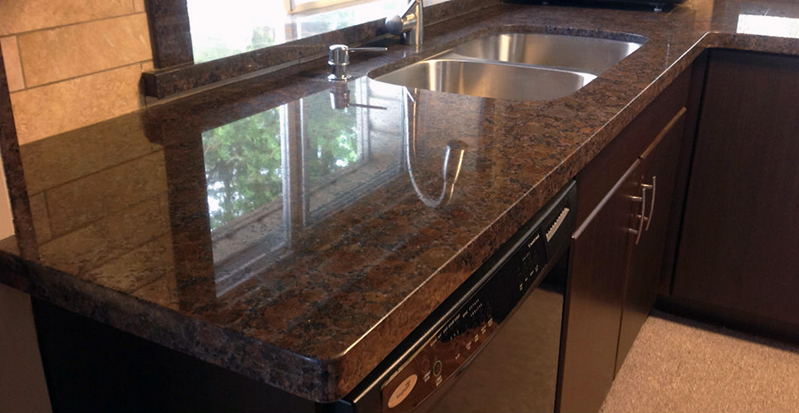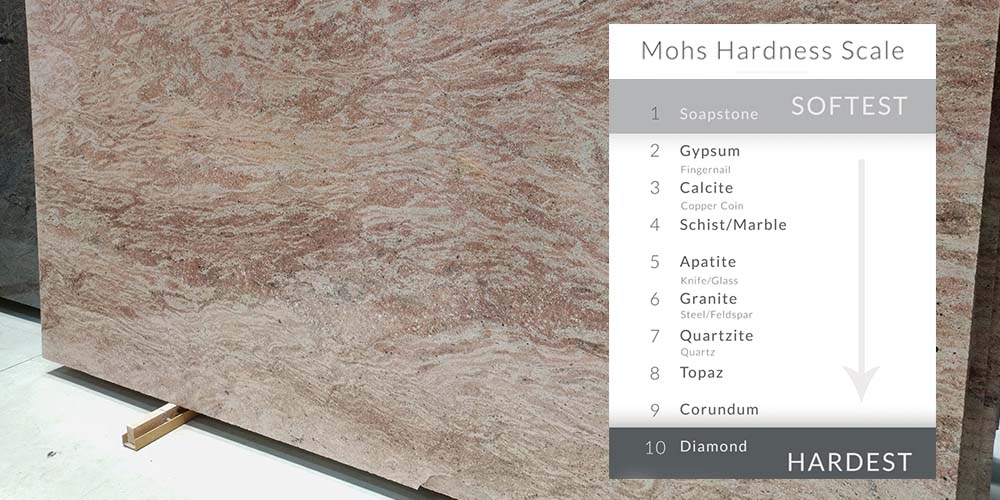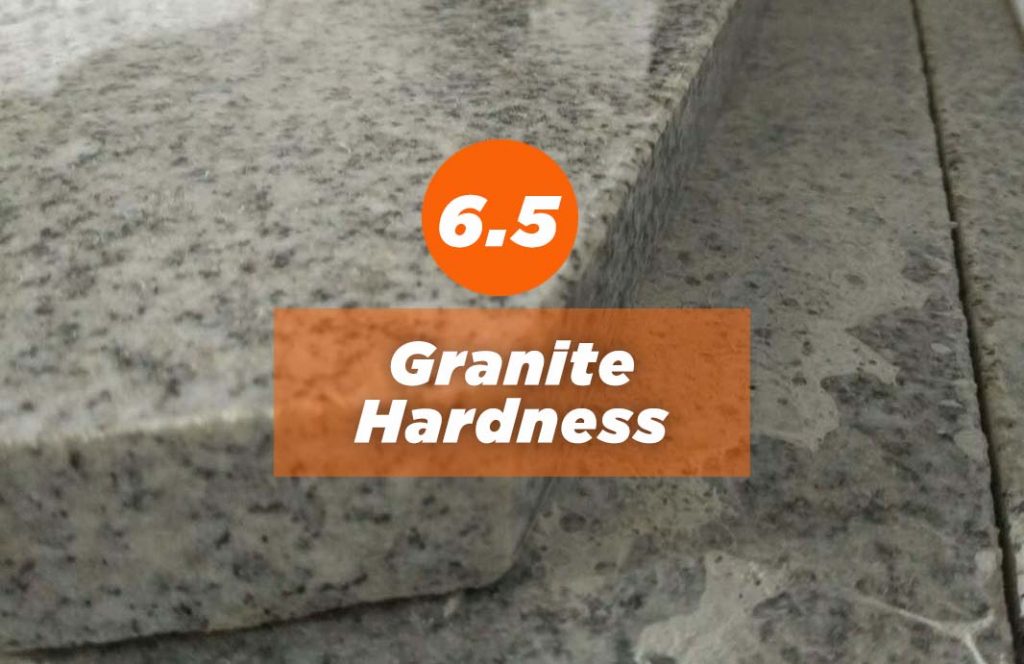Blog
Understanding the Hardness of Granite Natural Stone
Picking up the right granite stone depends on a number of factors, including the strength of the stone. Each natural stone owns a strength rating which is also known as its Mohs hardness concerned with the identification of the hardness and strength of any natural mineral. Among various natural stone products, granite enjoys a better hardness over other materials. The granite hardness helps buyers make a balanced decision.
When it comes to classifying a natural stone (granite), before making a purchase, stone buyers like to focus on the relative granite hardness to know how hard a stone is in comparison with other natural stone products like marble, sandstone, slate, limestone, and quartzite. Thanks to the German geologist and mineralogist Friedrich Mohs for developing the Mohs Hardness Scale in 1812. This scale has 10 levels (1-10).

With this content, you will learn more about the relativity of granite hardness and its comparison with other natural stone products available in the competitive market.
Relative Hardness of Granite
The Mohs Hardness Scale developed by Friedrich helps you decide the strength and hardness of any material or mineral. The more you move up the scale (1-10), the minerals become harder and harder. On the other hand, the below you go, the mineral becomes softer and softer, ending with the softest mineral. To sum up, this scale ranks a mineral between the softest and hardest level. As far as granite hardness is concerned, it is rated 6-7 on Mohs scale.
Scratching is the basic thing used to measure the granite hardness scale. A material can scratch other materials and also get scratched by other materials. If two different materials can scratch one another, it means they have the same hardness. A hard granite stone material is rated higher if it scratches other material and not get scratched by it. If material is scratched by other material and doesn’t scratch other, it means its hardness rating is lower. Things such as hue, crystals, and luster are also vital for deciding the granite hardness scale.

Granite hardness comparison with other natural stones
If you are suspicious of cracking and scratching of any natural stone product, then granite can give you an edge over other materials. Being hard, vulnerable to staining, and resistant to damage, granite is rated seven on the Mohs hardness rating. In simple words, soapstone is the softest material and diamond is the hardest material. When black granite is measured on the Mohs scale, it falls somewhere between 6 and 7. On average, it is 6.5. If you check granite hardness on the Mohs scale, you will find it harder than marble and softer than quartzite. Following are some of the hard granite stone ratings:
- Granite Mohs hardness – (6-7)
- Quartzite Mohs hardness – (7)
- Marble Mohs hardness – (3-4)
- Sandstone Mohs hardness – (6-7)
- Slate Mohs hardness – (2.5-4)
- Limestone Mohs hardness – (3-4)

Interestingly, the hardness of all black, green, red, yellow, brown, pink, and white granite are more or less the same: 6-7. You can confirm the granite hardness with quality reports from granite supplier and exporter of your choice.
Before making an actual purchase, it is expected that you ask your granite supplier about a granite quality testing report, putting detailed data on granite hardness, features and standards.
Regatta Granites India is an ISO-certified granite manufacturer, supplier, wholesaler, and exporter, offering B2B buyers a big range of slabs and tiles that successfully pass through higher ratings of Mohs hardness of granite.
